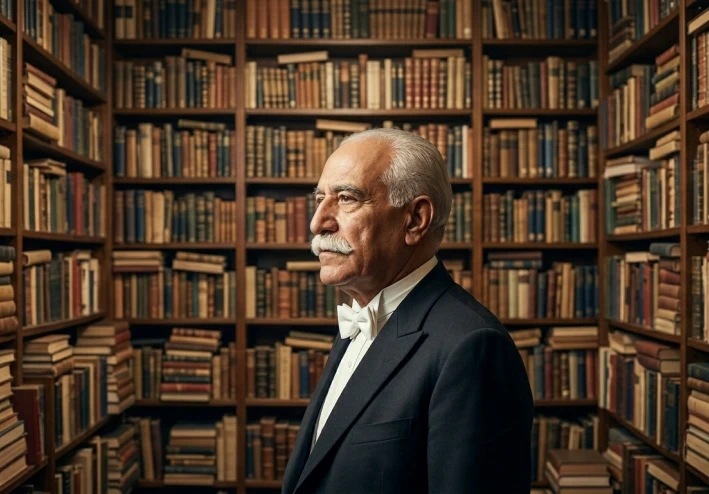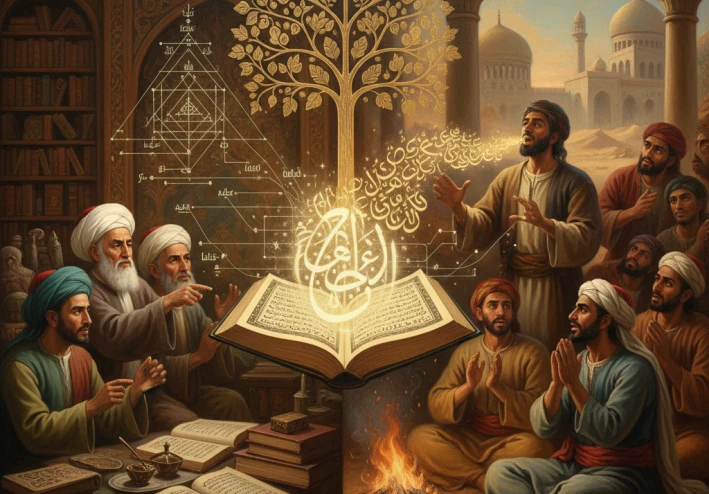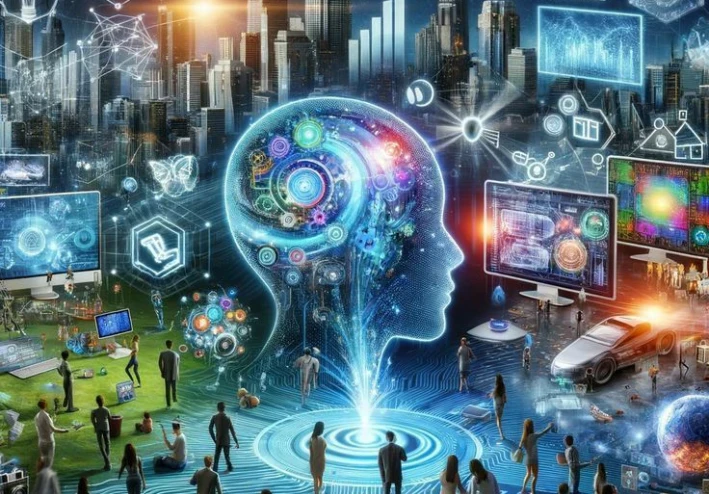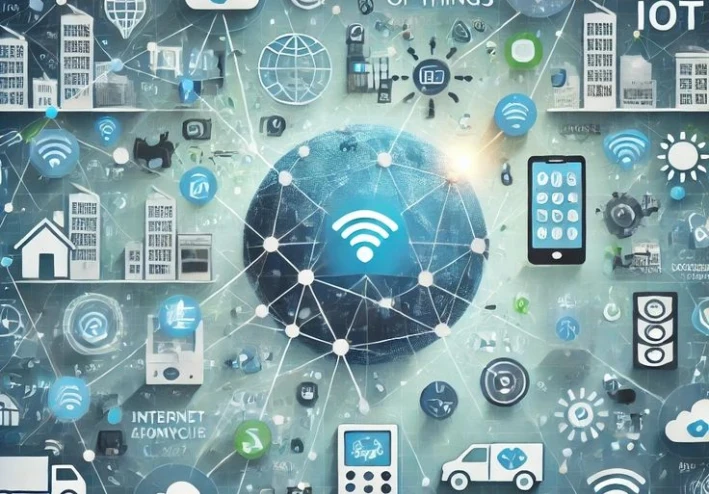The Transformative Power of Reading: A Journey Through Words

In an increasingly fast-paced world dominated by technology and fleeting interactions, the timeless act of reading stands as a pillar of intellectual and emotional enrichment. Whether diving into the imaginative realms of fiction, uncovering truths in historical narratives, or exploring groundbreaking scientific discoveries, reading offers a sanctuary for the mind and a bridge to understanding the complexities of human experience. This article delves into the transformative power of reading and its role in shaping individuals and societies.
The Cognitive Benefits of Reading
Reading is more than just a leisure activity; it is a workout for the brain. Engaging with a well-crafted book stimulates cognitive processes, enhancing memory, critical thinking, and problem-solving skills. Studies have shown that regular reading can improve vocabulary and language proficiency, providing readers with the tools to articulate their thoughts and ideas more effectively. Furthermore, the act of following complex storylines or arguments strengthens neural connections, promoting mental agility and reducing the risk of cognitive decline as we age.
Building Emotional Intelligence
One of the most profound impacts of reading lies in its ability to foster empathy and emotional intelligence. When readers immerse themselves in the lives of fictional characters or the struggles of real individuals, they gain insights into diverse perspectives and experiences. This vicarious engagement helps develop a deeper understanding of emotions, motivations, and conflicts, equipping readers with the sensitivity to navigate their own relationships more effectively. For instance, novels that explore themes of love, loss, or resilience can resonate deeply, offering readers both solace and inspiration.
A Gateway to Cultural Understanding
In a world marked by cultural diversity, reading serves as a vital tool for bridging gaps and fostering mutual respect. Books provide a window into the traditions, beliefs, and histories of different communities, breaking down stereotypes and promoting inclusivity. From ancient myths to contemporary memoirs, literature captures the essence of what it means to be human, reminding us of our shared aspirations and struggles. By exploring the narratives of others, readers can cultivate a sense of global citizenship and an appreciation for the richness of human culture.
The Therapeutic Aspect of Reading
Beyond its intellectual and emotional benefits, reading also has therapeutic value. Bibliotherapy, the practice of using literature for healing purposes, highlights the role of books in helping individuals cope with stress, anxiety, and trauma. The immersive nature of reading provides an escape from everyday pressures, allowing readers to find solace in the rhythm of words and the unfolding of stories. Moreover, self-help books and inspirational biographies can offer practical guidance and motivation, empowering individuals to overcome personal challenges.
The Challenges of the Digital Age
Despite its numerous benefits, reading faces challenges in the digital age. The prevalence of social media and instant messaging has shortened attention spans and reduced the time available for deep, focused reading. However, the rise of e-books and audiobooks has also made literature more accessible than ever, catering to the preferences of modern readers. It is crucial for individuals and educators to prioritize reading as a fundamental skill and habit, ensuring that the next generation continues to value the written word.
Conclusion
Reading is a gateway to knowledge, empathy, and personal growth. It enriches our minds, nurtures our souls, and connects us to the broader tapestry of human experience. In a world that often prioritizes speed over substance, the act of sitting down with a book is a powerful reminder of the enduring value of reflection and learning. By cultivating a love for reading, we not only enhance our individual lives but also contribute to a more understanding and compassionate society.
In the words of the American author Mark Twain, “The man who does not read has no advantage over the man who cannot read.” Embracing the transformative power of reading is a choice that opens doors to infinite possibilities, one page at a time.


































